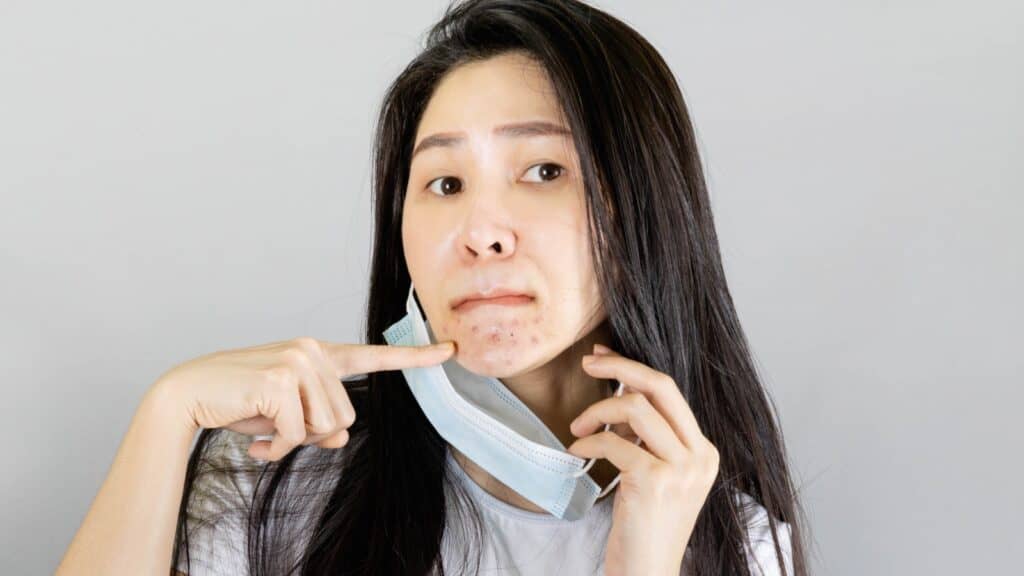Coming Off Birth Control: What To Expect and How To Make It Easier
The birth control pill serves as a vital tool for managing reproductive health. However, there comes a time for many individuals when they contemplate discontinuing its use. There are ways to make the transition easier; let’s look at what is in store.
The Decision to Stop Birth Control Pills

Whether it’s to start a family or explore alternative contraceptive methods, coming off hormonal birth control can be a significant decision, often accompanied by questions and uncertainties.
Assessing Personal Goals and Health

When considering coming off of this kind of birth control, it’s essential to evaluate personal goals and health factors. Factors such as family planning, overall health, and contraceptive preferences play a crucial role in this decision-making process. Consulting with a healthcare provider can provide valuable insights tailored to individual needs.
What to Expect When Transitioning

Ceasing hormonal birth control can be accompanied by several physical and emotional changes, although not everyone will be affected the same way.
Menstrual Changes

One of the most notable changes when discontinuing birth control is the potential for alterations in menstrual patterns.
Cycles Can Be Irregular

After stopping birth control, it’s common for menstrual cycles to fluctuate as the body adjusts to its natural hormonal balance. This adjustment period may involve irregular periods, changes in flow, or the temporary absence of menstruation altogether.
Hormonal Adjustments

Birth control methods often regulate hormone levels to prevent pregnancy. As individuals transition off birth control, their hormone levels may fluctuate, leading to various physical and emotional changes. It might be time to consider alternative birth control methods. Birth control is not a once size fits all solution and can change for women as they age.
From Mood Swings to Acne

These fluctuations can manifest as mood swings, acne flare-ups, or changes in libido. Understanding these potential adjustments can help individuals navigate this period with greater ease.
Fertility Considerations

For individuals looking to conceive after discontinuing birth control, understanding fertility patterns is essential. While fertility typically returns after stopping birth control, the timing can vary significantly from person to person.
Fertility Can Return Quickly: Be Prepared

Some individuals may conceive shortly after discontinuation, while others may experience a longer waiting period. Tracking ovulation and maintaining open communication with a healthcare provider can aid in optimizing fertility efforts.
Managing Symptoms and Concerns

There are ways to manage symptoms that might occur.
Addressing Potential Side Effects

As the body adapts to the absence of birth control hormones, individuals may experience side effects ranging from mild to more pronounced.
Watch Out For These Side Effects

These side effects can include headaches, breast tenderness, or changes in mood. While these symptoms are often temporary, seeking support from a healthcare provider can help alleviate discomfort and provide reassurance during this transition.
Monitoring Reproductive Health

Regular monitoring of reproductive health is crucial when transitioning off birth control. This includes scheduling routine gynecological exams and screenings to ensure overall well-being. Additionally, discussing any concerns or changes with a healthcare provider can help identify potential issues early on and facilitate appropriate interventions if necessary.
The Takeaway

Transitioning off birth control is a personal journey that requires careful consideration and support. By understanding the potential changes and addressing concerns proactively, individuals can navigate this transition with confidence and clarity. Consulting with a healthcare provider ensures personalized guidance tailored to individual needs, promoting optimal reproductive health and well-being.
Over-The-Counter Birth Control Pill Becomes Available For The First Time

In a groundbreaking move, Perrigo has commenced the distribution of Opill, the first nonprescription birth control pill in the United States, to retailers across the nation. This pivotal development promises to empower millions of individuals by ushering in a new era of reproductive health access. Read: Over-The-Counter Birth Control Pill Becomes Available For The First Time
Join Us

Join us on this empowering journey as we explore, celebrate, and elevate “her story.” The Queen Zone is not just a platform; it’s a community where women from all walks of life can come together, share their experiences, and inspire one another. Welcome to a space where the female experience takes center stage. Sign up for our newsletter so you don’t miss a thing, Queen!







